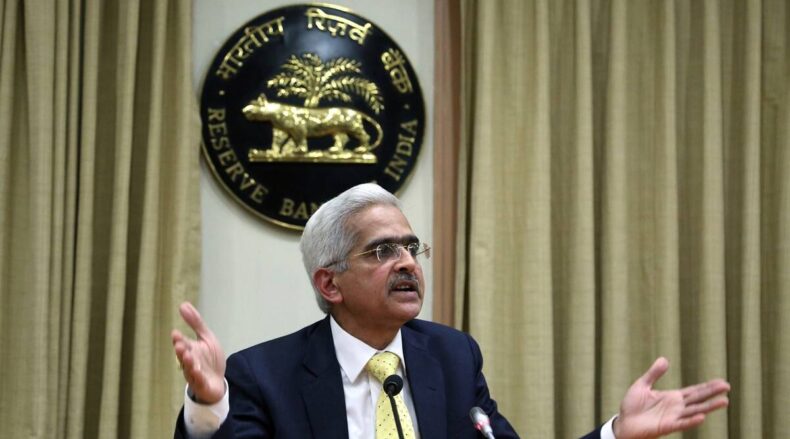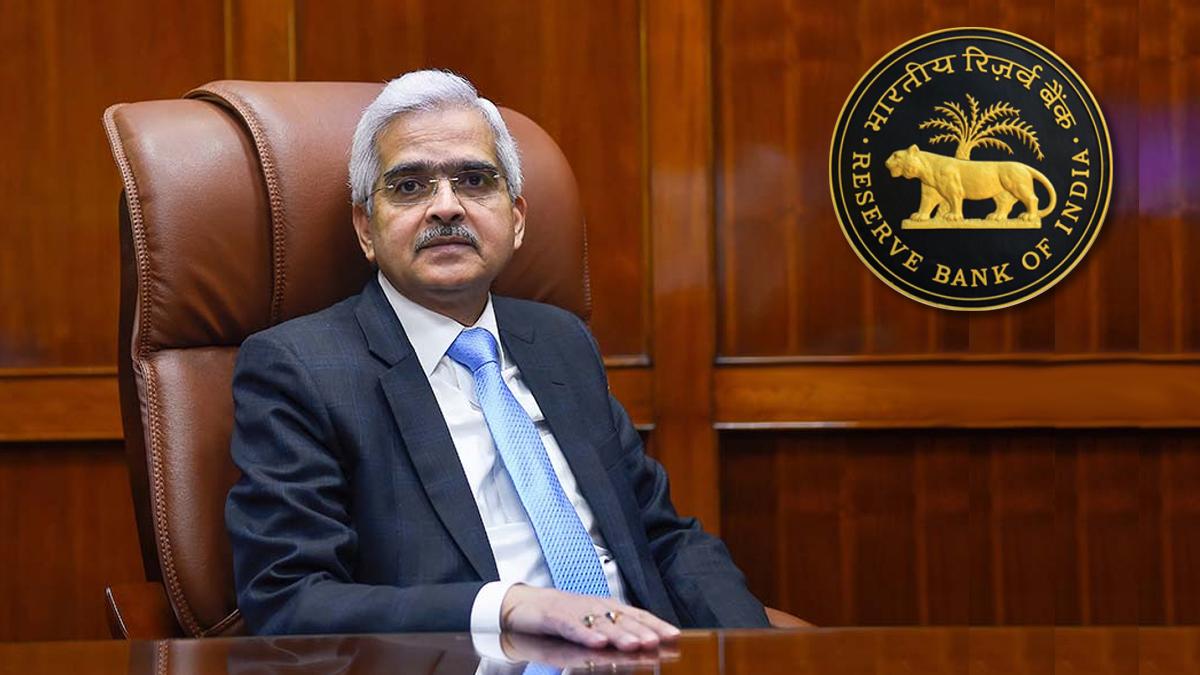According to RBI rules announced on Wednesday, all digital loans must be provided and repaid through regulated firms’ bank accounts, not third-parties like loan service providers.
The rules were developed based on suggestions from a working group on digital lending, whose report was made public in November 2021. “The issues principally pertain to unfettered participation of third parties, mis-spelling, data privacy violations, unfair business practices, charging excessive interest rates, and unethical recovery tactics,” the central bank stated in the final recommendations.
The central bank divided digital lenders into three categories: those regulated by the RBI ag group, those regulated by the RBI, and those regulated by the central bank. The RBI divided digital lenders into three categories: entities regulated by the RBI and permitted to conduct lending business, entities authorized to conduct lending under other statutory or regulatory provisions but not regulated by the RBI, and entities lending outside the purview of any statutory or regulatory provisions. The most recent regulatory framework focuses on the digital lending ecosystem of the central bank’s regulated enterprises (REs) and the LSPs they contract to provide credit facilitation services.
The central bank divided digital lenders into three categories: those regulated by the central bamk ag group, those regulated by the RBI, and those regulated by the RBI. IT divided digital lenders into three categories: entities regulated by the RBI and permitted to conduct lending business, entities authorized to conduct lending under other statutory or regulatory provisions but not regulated by the it, and entities lending outside the purview of any statutory or regulatory provisions.
The most recent regulatory framework focuses on the digital lending ecosystem of the RBI’s regulated enterprises (REs) and the LSPs they contract to provide credit facilitation services.
The Digital Lenders’ Association of India (DLAI) said the guidelines are a nuanced blueprint that will help the digital lending ecosystem to continue to grow in a responsible and sustainable manner.
“At the same time the RBI has clearly addressed the need to stamp out incipient trends that are antithetical to the best practices related to customer protection and data security,” DLAI said in a statement, adding, “We also look forward to engaging with the RBI in the coming months as the industry moves towards forming an SRO (self-regulatory organization) to promote adherence to these recommendations.”
Before completing the loan contract, the borrower must be furnished with a standardized key fact statement (KFS). Borrowers must be informed of the total cost of digital loans in the form of an annual percentage rate (APR). The APR must also be included in the KFS. Automatic credit limit hikes without debtors’ explicit authorization have been forbidden.
The laws, according to Ranvir Singh, founder and managing director of Ring, which operates the lending platform Kissht, provide clarity on the RBI’s attitude.
“The Key Facts Statements (KFS) and explicit consent mechanisms announced today, in particular, should guarantee necessary openness and inspire faith in the system. “It was critical to have clarity on the disbursement of money directly to the customer’s bank account,” Singh added.
The loan contract must provide a cooling-off or look-up period during which borrowers can leave digital loans without penalty by paying the principle and the corresponding APR. REs must ensure that they and the LSPs they engage have a proper nodal grievance redressal person to deal with fintech and digital lending issues. The grievance officer will also handle complaints about their separate digital lending applications (DLAs).
The name and contact information for the grievance redressal officer must be provided.When a complaint lodged by a borrower is not resolved within the stipulated 30-day period by the RE, the RBI’s integrated ombudsman scheme allows them to file a complaint.
In addition to having clear audit trails, RBI stated that DLAs should only collect information with express permission from borrowers.
“According to the recommendations, “borrowers should have the option to accept or reject consent for the use of specified data, including the ability to revoke previous consent, as well as remove the data received from borrowers by the DLAs/LSPs.”
Regardless of the type or duration of the loan, RBI requires REs to disclose all loans sourced through DLAs to credit agencies.
All new digital lending products offered by REs through merchant platforms that involve short-term loans or delayed payments must be notified to credit bureaus.













